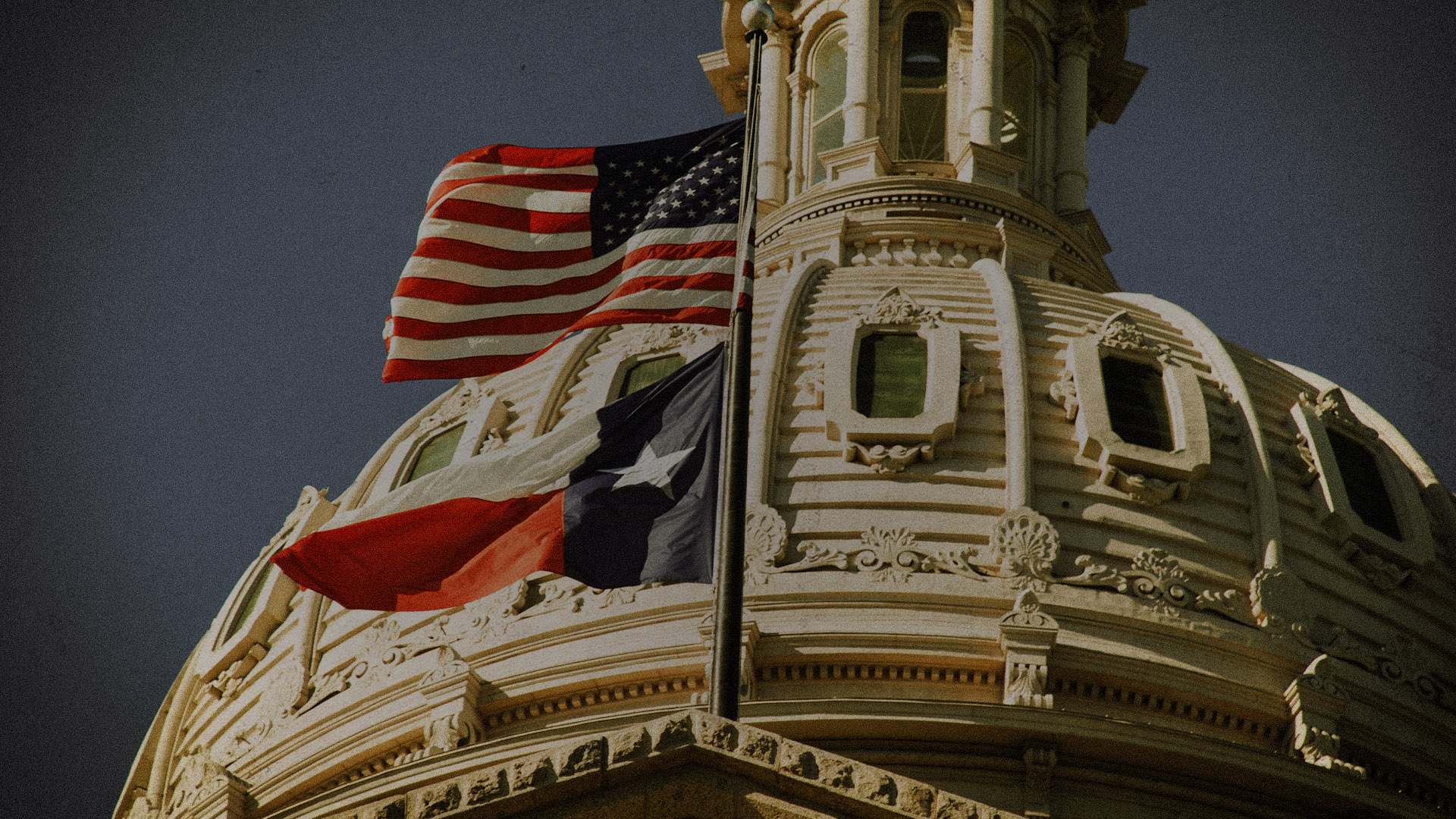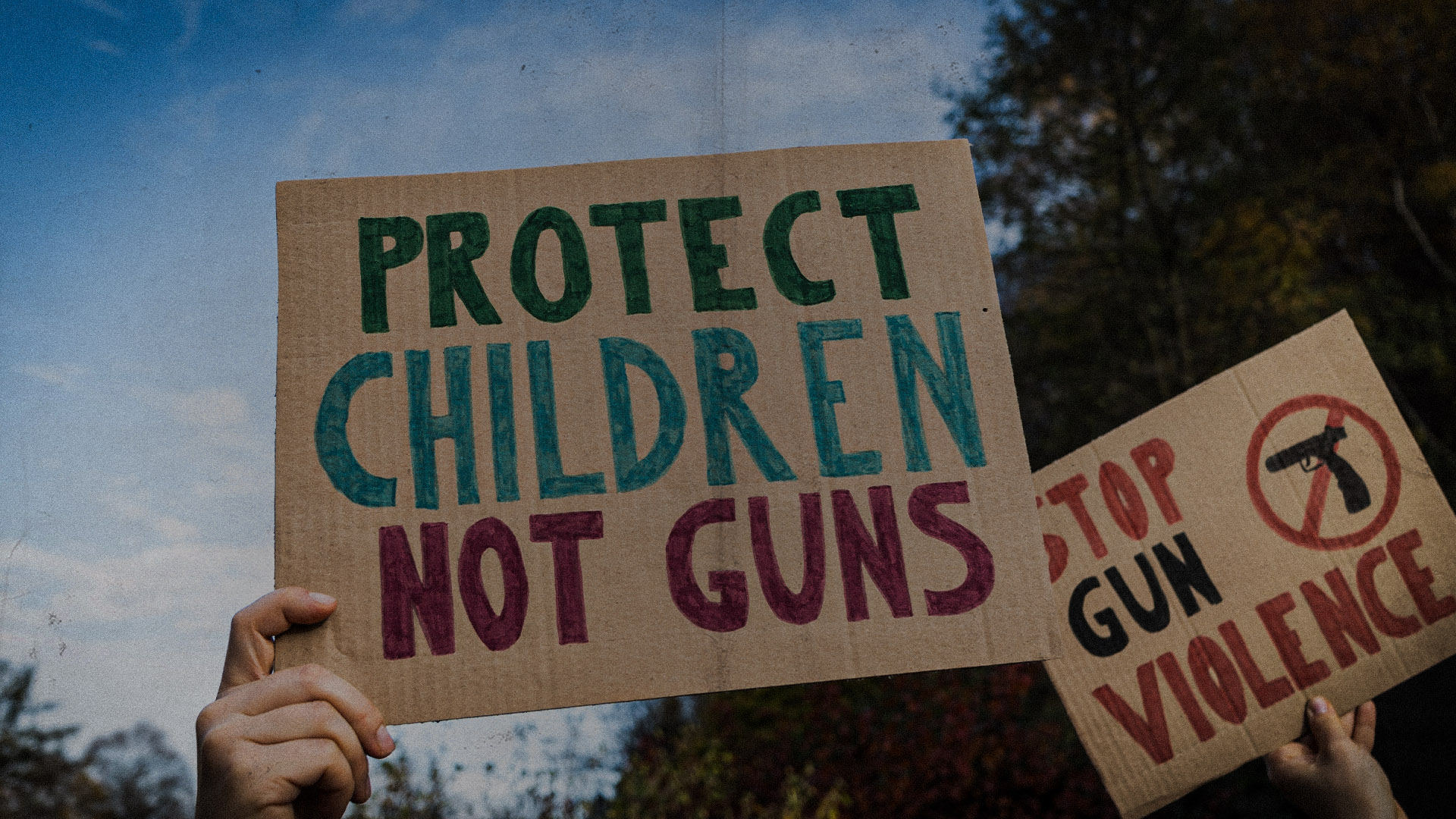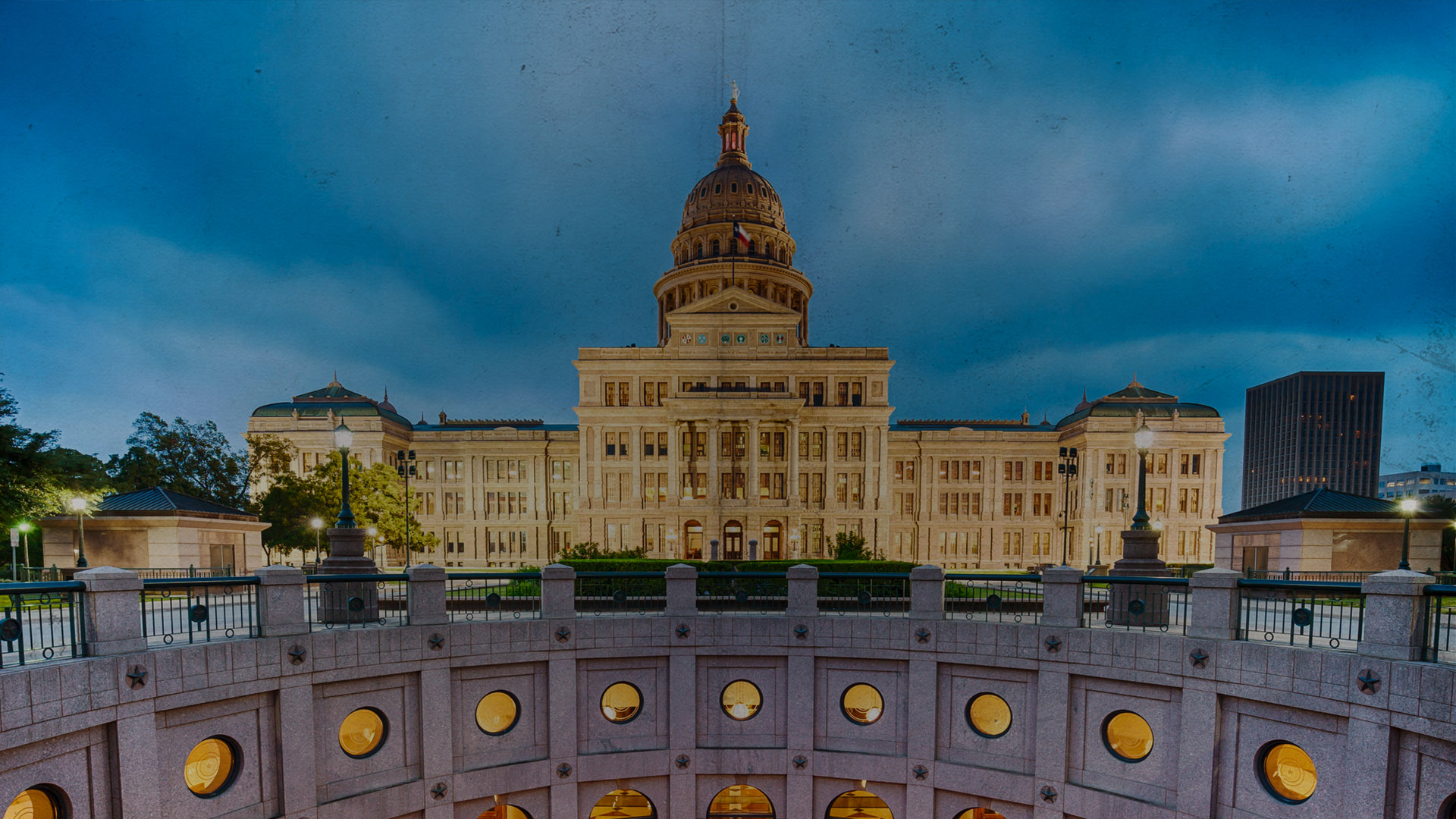
In Texas, the changing of the seasons is often a harbinger of extreme weather to come. A short-lived spring shifts into the record-breaking heat waves of summer; ever-warmer winters bring with them the risk of another catastrophic freeze. Though advocates and experts have warned of the increasingly severe effects of the climate crisis for decades, Texas lawmakers have not listened, and Texans pay the price.
In 2011, a devastating winter storm hit Texas. Millions of Texans endured widespread power outages, and they looked to their lawmakers for answers. In the aftermath, the Federal Energy Regulatory Commission (FERC) investigated and issued a report recommending the winterization of facilities that contribute electricity to the grid. Instead of welcoming the federal government’s expert assessment and swiftly taking action to implement their recommendations, the state’s leaders moved on. Ten years later, Winter Storm Uri hit a still underprepared and un-weatherized Texas energy system, plunging the state into the cold and the dark for days on end. An estimated 700 people died while Gov. Abbott donor Kelcy Warren’s company, Energy Transfer, raked in a $2.4 billion windfall from the disaster.
The legislative response that followed was impassioned but largely empty. Market participants were taken to task in days and days of public hearings, while leading regulators either resigned or were fired. Everyone from ERCOT to the utilities faced lawsuits to place blame and responsibility on those responsible for the grid failure. In the end, lawmakers ended up passing lenient weatherization requirements and new mandates meant to improve the state’s emergency response coordination. By 2023, lawmakers were too busy punishing renewable energy and spending billions to develop more oil and gas facilities to revisit any substantive reforms to the grid. Many experts still believe the state has not done enough to prevent the next grid crisis.
By prioritizing short-term indebtedness to oil and gas industries over the long-term prosperity of the state, Texas lawmakers leave their constituents vulnerable to the sometimes life-and-death consequences of a warming planet. It’s not just a failure to fix the grid. In recent years, Texas has faced catastrophic flooding and devastation from Hurricane Harvey, raging wildfires that rip through rural communities and cost millions in damage to Texas ranchers, and worsening droughts that threaten the state’s water supply and agriculture. In the aftermath of these disasters, Texans prove themselves to be resilient, generous, and kind. Texans deserve elected officials who demonstrate at least the same level of leadership.
Despite the looming and inevitable reality of the climate crisis, Texas lawmakers have repeatedly ignored pleas to take action, remaining steadfastly loyal to the oil and gas industry and leaving the long term interests of the Texan people on the backburner. Energy efficiency and climate emergency preparedness legislation failed in the Texas Legislature in 2023, while an effort to revive an expired economic incentive for relocating businesses excluded the clean energy projects that bring millions to Texas’s rural communities .
Lawmakers’ obstinance means not only has Texas not met its full clean energy potential, but it has also failed to adequately protect people from the consequences of worsening climate disasters. Severe weather in Texas has cost more than $402 billion in damage since 1980, outpacing every other state in the country. Home insurance costs in Texas have risen about 40% since 2015, far outpacing the 21% increase nationwide. Many insurance companies pulled out of Texas entirely after Hurricane Harvey and Winter Storm Uri, leaving homeowners vulnerable to higher recovery costs when disaster strikes. A staggering 26% of homeowners in Texas’s rural communities do not have homeowners insurance, compared to 11% in major metropolitan areas.
The impact of worsening climate disasters on the Texas business landscape and economy is profound, both in terms of direct business costs and of the general health of the state economy. A 2023 report from the Center for American Progress estimates the health care costs associated with extreme heat–just one consequence of the climate crisis–total roughly $1 billion per year nationwide, potentially straining businesses that offer employer-sponsored health plans to their employees for years to come. Countless studies have demonstrated that extreme heat reduces business productivity across industries, with the Federal Reserve Bank of Dallas going as far as estimating a $24 billion hit to the Texas economy in the summer of 2023 due to extreme heat.
The winter offers no respite. Lingering trauma from the 2021 winter storm have shaken the confidence of both individual Texans and businesses in the stability of the grid, despite lawmakers’ insistence that they’ve fixed the problem. Texas may not be the most appealing place to do business if the state’s grid regulators cannot guarantee that the lights will stay on. Technology companies have cited Texas’s failing power grid as a reason to doubt that Texas has the infrastructure needed to support a booming tech industry long-term.
Until lawmakers get serious about smart policy-making on energy and climate issues, Texas companies choosing to do business in the state are rolling the dice on the long-term economic forecast of the state and the long-term health of their employees.









